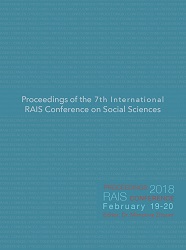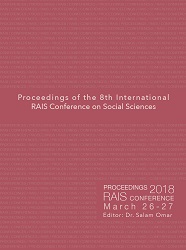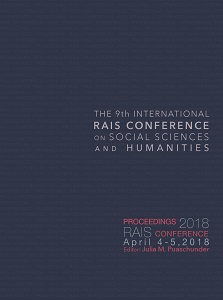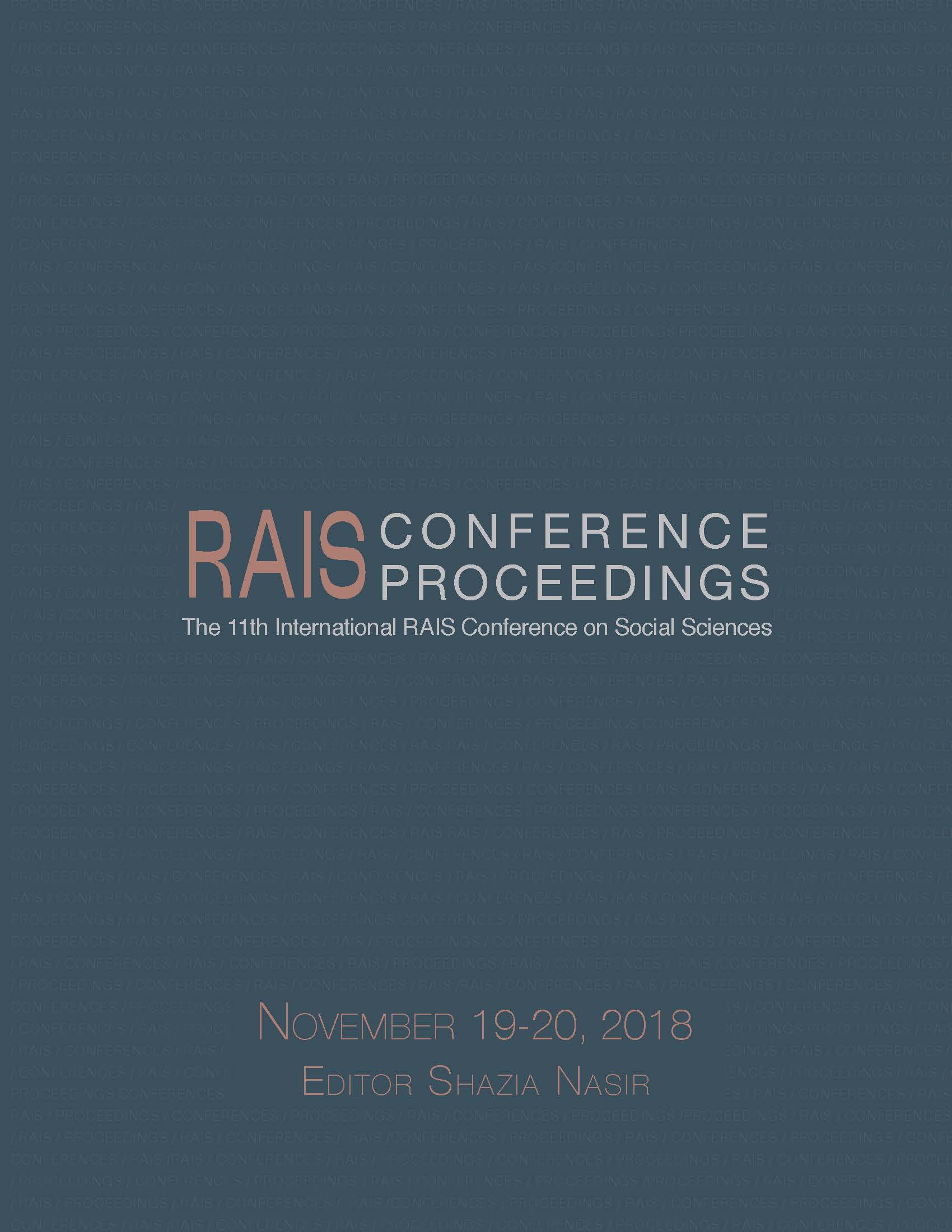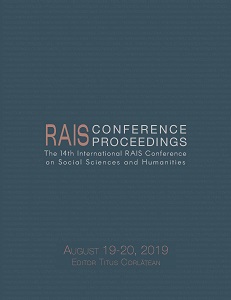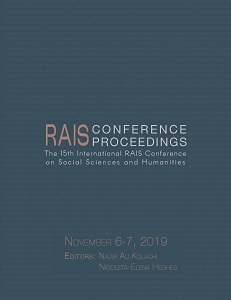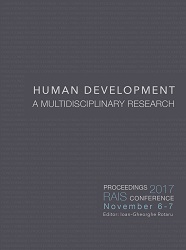
Human Rights, Gender and Discrimination: An Appraisal on Gender Impacts on Culture and Religion, Education and Workplace in Nigeria
Human Rights, Gender and Discrimination: An Appraisal on Gender Impacts on Culture and Religion, Education and Workplace in Nigeria
Keywords: Human rights; gender equality; discrimination; workplace; culture and religion;
Gender equality or non-discrimination has been recognized in a wide range of binding and none binding international human rights instruments, including declarations and other standards e.g. Convention on the Elimination of all Forms of Discrimination against Women adopted in 1979 and came into force 3Sept. 1981, Convention on the Elimination of All Forms of Racial Discrimination of1965, International Covenant on Civil and Political Rights, International Covenant on Economic, Social and Cultural Rights etc. International and national law chiefly regulated discrimination as it relates to gender equality when addressing cases of human rights. Equal treatment of men and women in the workplace around the globe including Nigeria is faced with several challenges. In recent time, women have made progress in the educational sector and despite their educational attainments; they are faced with discrimination at the workplace. The discrimination witnessed by women on a daily basis is not distant from the level of education or access to education as well as culture and religion, which equally regulate rights and duties of women in various backgrounds. This paper addresses human rights as it relates to gender and discrimination by appraising gender impacts on culture and religion, education, and workplace under Nigerian perspective. State party’s obligation under international and or national law in human rights protection under civil and political rights as well as economic social and cultural rights will also be addressed.In conclusion, possible reforms are suggested, which includes adopting national human rights legislation dealing specifically on discrimination in the workplace
More...
